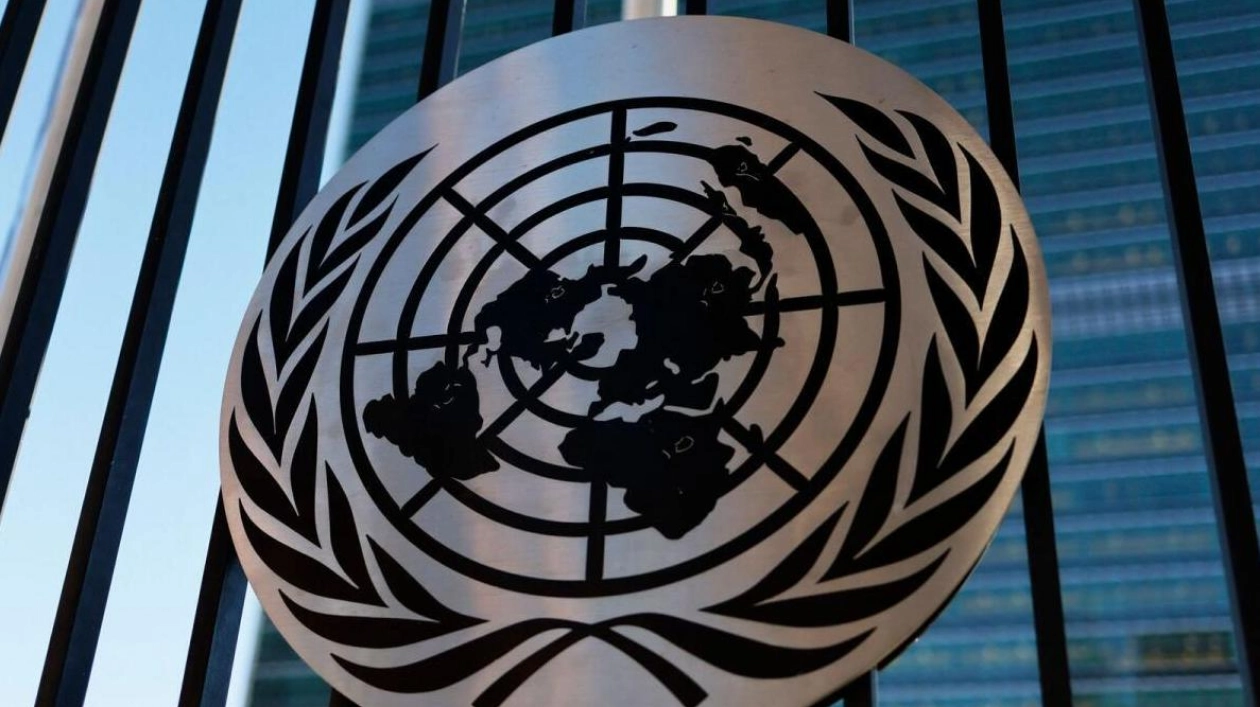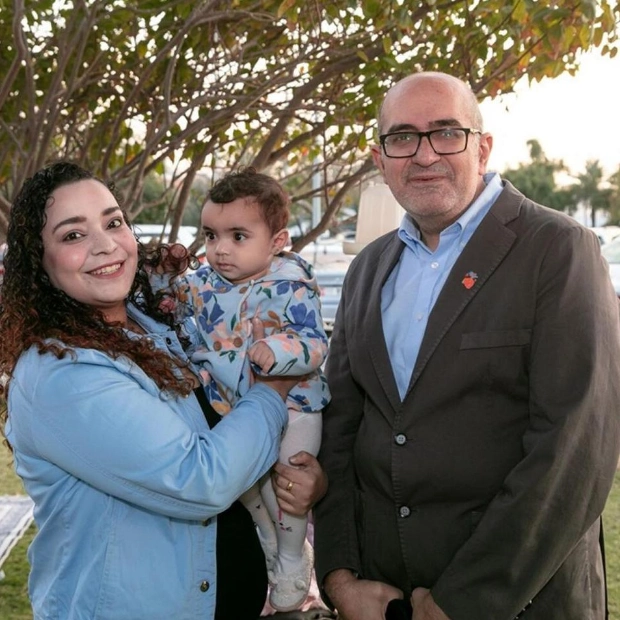Hamas claims it has placed the responsibility on Israel, while Israel argues that Hamas has dismissed crucial aspects of the US-proposed ceasefire plan. On Wednesday, Hamas expressed that their response to the US ceasefire proposal for the ongoing eight-month conflict in the Gaza Strip was 'positive,' suggesting it could pave the way for an agreement. However, the situation remains unclear as neither Hamas nor Israel has publicly committed to a deal. Hamas delivered their formal reply on Tuesday to the proposal presented by US President Joe Biden on May 31. Israel interpreted this response as a rejection, whereas a Hamas official stated that the group merely restated their unmet demands. Egypt and Qatar acknowledged receiving Hamas' response but did not reveal its contents. Izzat al-Rishq, a member of Hamas' political bureau, declared in a statement that the group's reply was 'responsible, serious, and positive,' opening a 'wide pathway' towards a settlement. Another Hamas official, speaking anonymously, informed Reuters that the response emphasized the need for a ceasefire to result in a permanent cessation of hostilities, withdrawal of Israeli forces, reconstruction of Gaza, and release of Palestinian prisoners. 'We reiterated our previous stance. I believe there are no big gaps. The ball is now in the Israeli courtyard,' the official stated. The US claims Israel has accepted its proposal, though Israel has not publicly confirmed this. Despite ongoing attacks in central and southern Gaza, among the most violent of the war, Prime Minister Benjamin Netanyahu has insisted that Israel will not end its campaign in Gaza until Hamas is eliminated. An Israeli official stated that Hamas had altered the significant parameters of the proposal. The official, who requested anonymity, noted that Hamas had rejected the proposed hostage release presented by President Biden. A non-Israeli official, also speaking anonymously, mentioned that Hamas had suggested a new timeline for a permanent ceasefire and withdrawal of Israeli troops from Gaza, including Rafah. The UN Security Council supported the US resolution backing Biden's proposal. Hamas official Sami Abu Zuhri told Reuters that Hamas accepted the Security Council resolution and was prepared to negotiate the details of a ceasefire. US Secretary of State Antony Blinken, during his visit to Tel Aviv, described Hamas' comments as a 'hopeful sign' but emphasized the need for concrete actions from Hamas leadership in Gaza. Biden's proposal outlines a ceasefire and phased release of Israeli hostages in exchange for Palestinian prisoners, aiming for a permanent end to the war. This three-phase plan begins with a six-week ceasefire, Israeli military withdrawal from populated areas, and release of some hostages, while negotiating a permanent end to hostilities through mediators. The White House has not responded to comments from the Israeli official regarding Hamas' response. US, Egyptian, and Qatari negotiators have been attempting to mediate a ceasefire in the enclave for months. UN Secretary-General Antonio Guterres reported to the Security Council that Israeli forces and Palestinian militants, including Hamas and Islamic Jihad, have harmed children in 2023. Israel is responding to an October 7 attack by Hamas militants. Over 1,200 people have been killed and more than 250 taken hostage by Hamas, with over 100 believed to still be captive in Gaza. Israel's assault has resulted in the deaths of over 37,000 Palestinians, according to Gaza health authorities. The enclave faces a humanitarian crisis due to widespread hunger, scarcity, infrastructure destruction, and ongoing displacement. The US military resumed humanitarian aid delivery via a floating pier after a two-day halt due to weather, with the UN still reviewing security before moving aid from the pier to warehouses.

Text: Lara Palmer
12.06.2024
Hamas' 'Positive' Response to US Plan Opens Pathway, but Israel Sees Rejection of Key Terms





